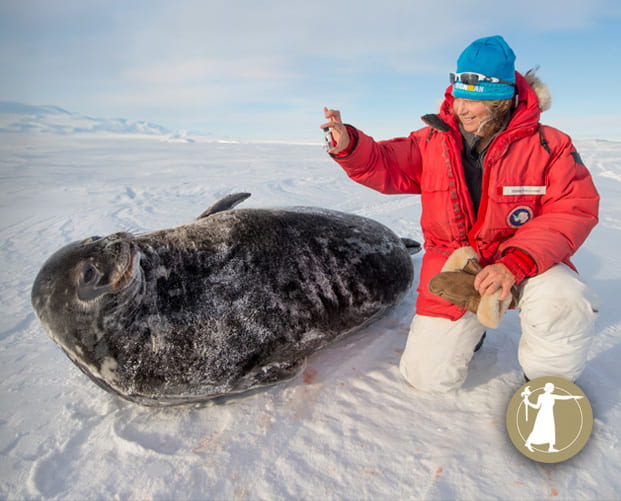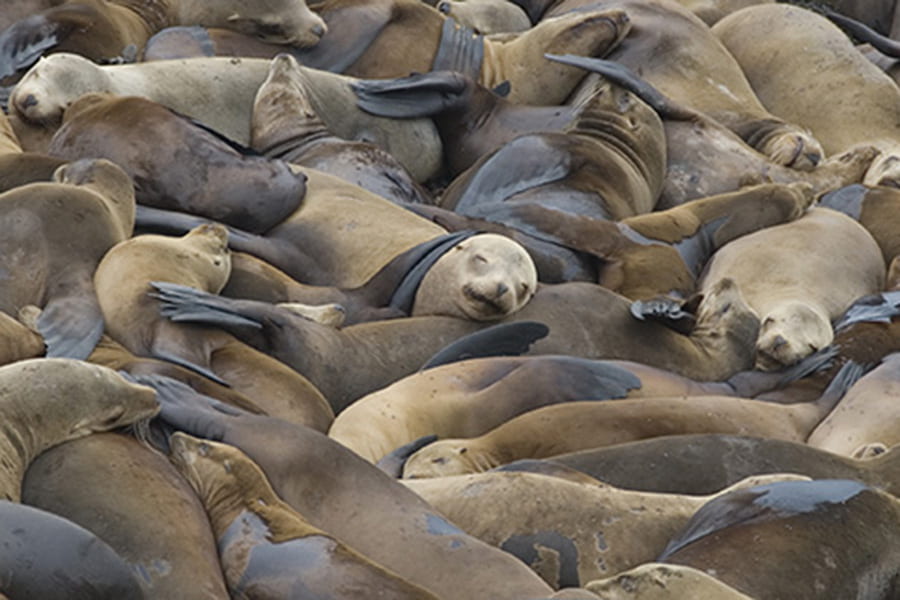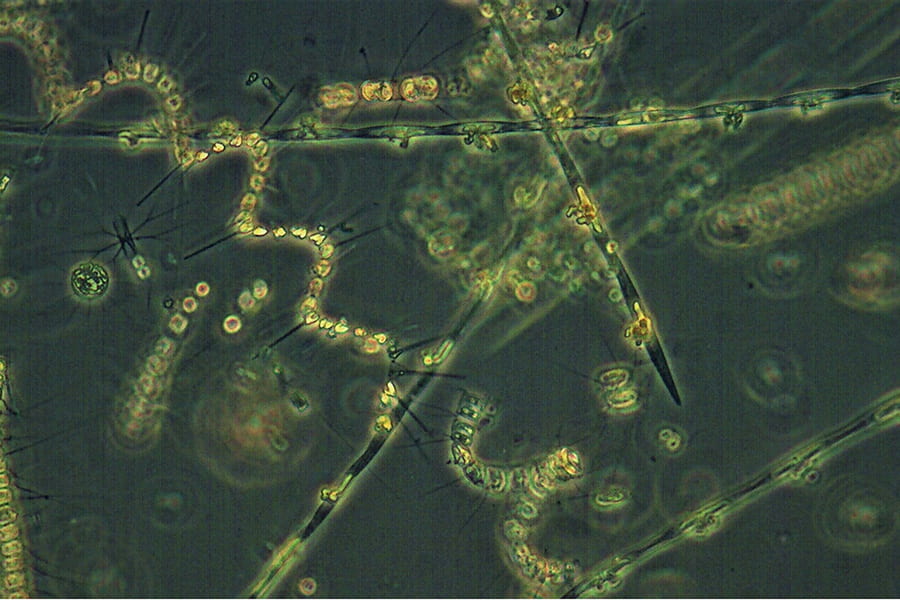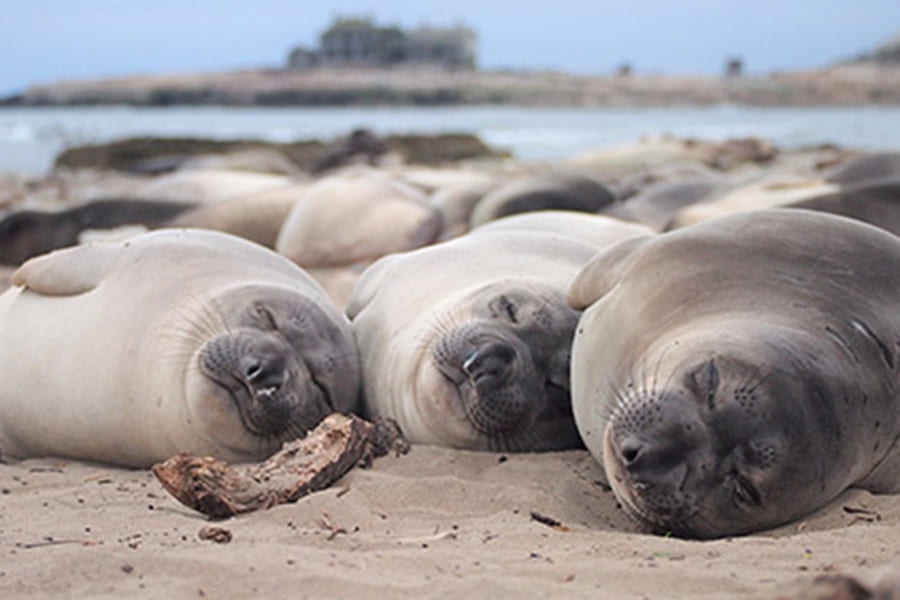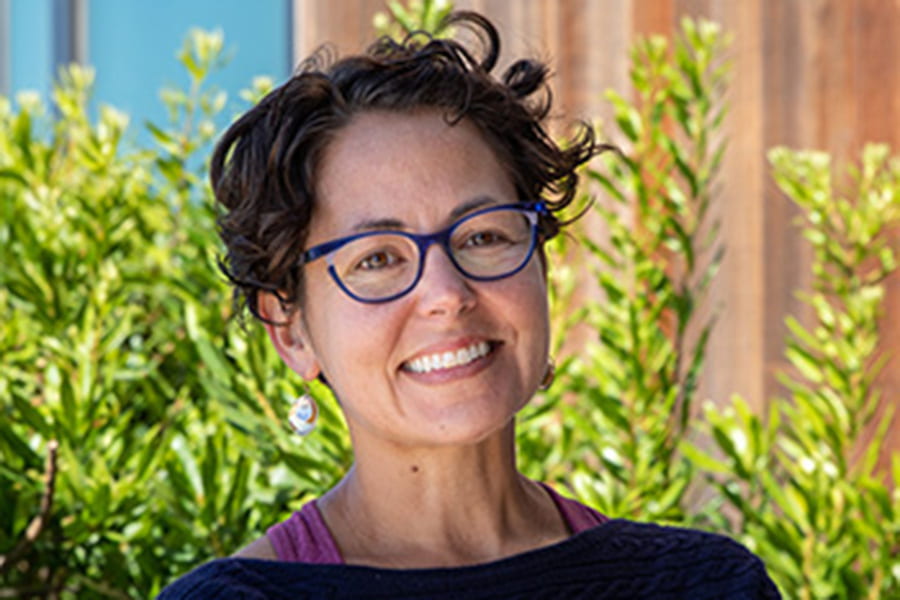Acclaimed evolutionary biologist Beth Shapiro elected to National Academy of Sciences
Beth Shapiro, professor of ecology and evolutionary biology at UC Santa Cruz, has been elected a member of the National Academy of Sciences (NAS). On April 29, NAS announced that Shapiro was among 120 new members elected from around the country, along with 30 new international members.








